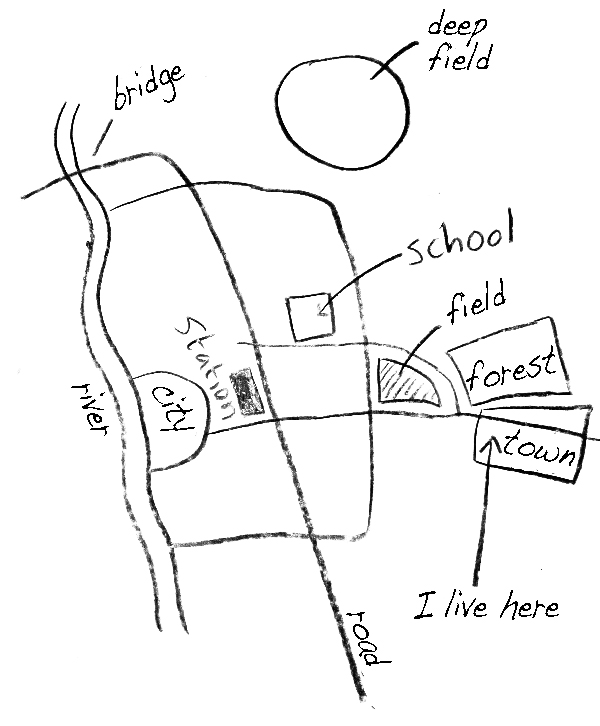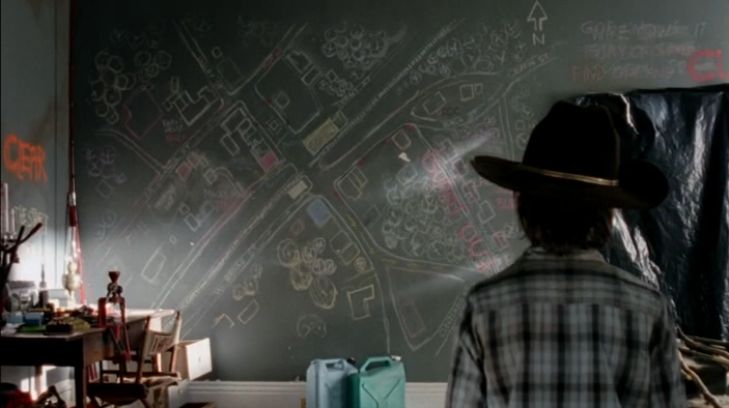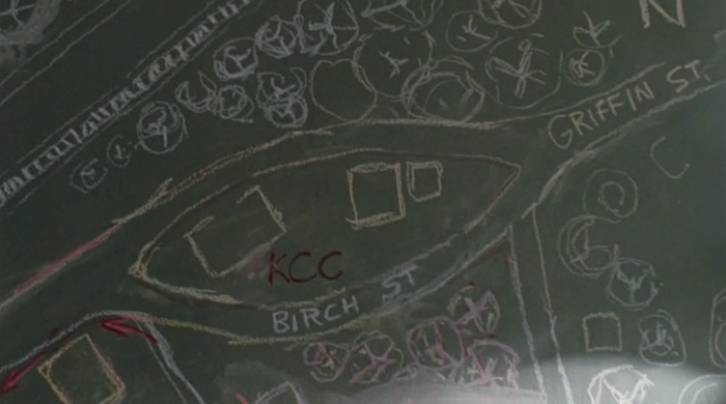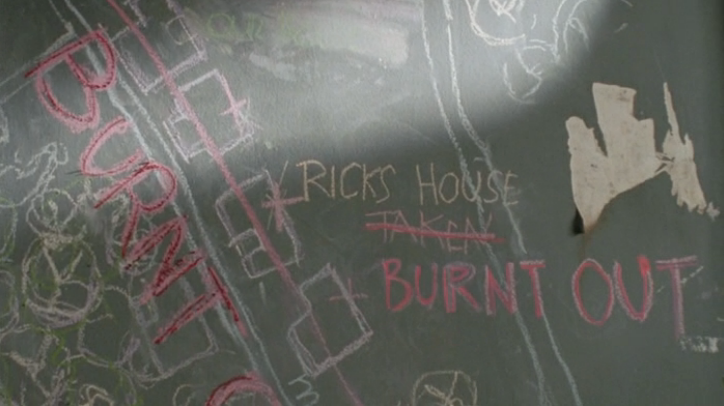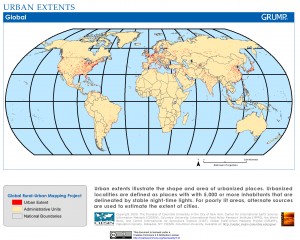Geography and Language – How do you pronounce “pecan?”
Let’s take a moment to talk about language and geography. Human geography studies culture and linguistics or language has to do with culture. So, geography studies language, and in fact it can study it in multiple ways. Geography of languages studies the distribution and movement of languages around the world, while linguistic geography studies language variations across regions, such as dialects.
As someone who has tried to disassociate himself from where he grew up (due to complex factors), I like to think I have a pretty good control over my dialect. It was pretty easy to stop using “wicked” as an adjective. Just now you have most likely done some instant linguistic geography thinking and figured out the region I grew up with down to a radius of about 60 miles. Come fall and Thanksgiving, I just can’t bring myself to talk like most other people in the Pacific Northwest. I love pecan pie and I pronounce it “pee-KAN” pie. I’m often corrected or given a strange look(the same way I looked at people when I first went off to college and heard someone call a grocery bag a “sack”). Most people here say “pee-kon” pie.
So, how do you say “pecan” and how is that affected by your geographical history? In 2003, Harvard conducted some surveys on dialect in the US. They mapped out the responses based on where people lived during formative language development years. Check out the maps of the Pecan Survey here.
You can also see the survey applied to Google Maps here.
To view more maps of more dialectic surveys from Harvard, view the list of the 2003 survey results here.
If you’d like to take part in similar dialect surveys, you can take part in Cambridge’s survey here.
Come back again as I’ll make a few more posts about Geography and Language this week.

